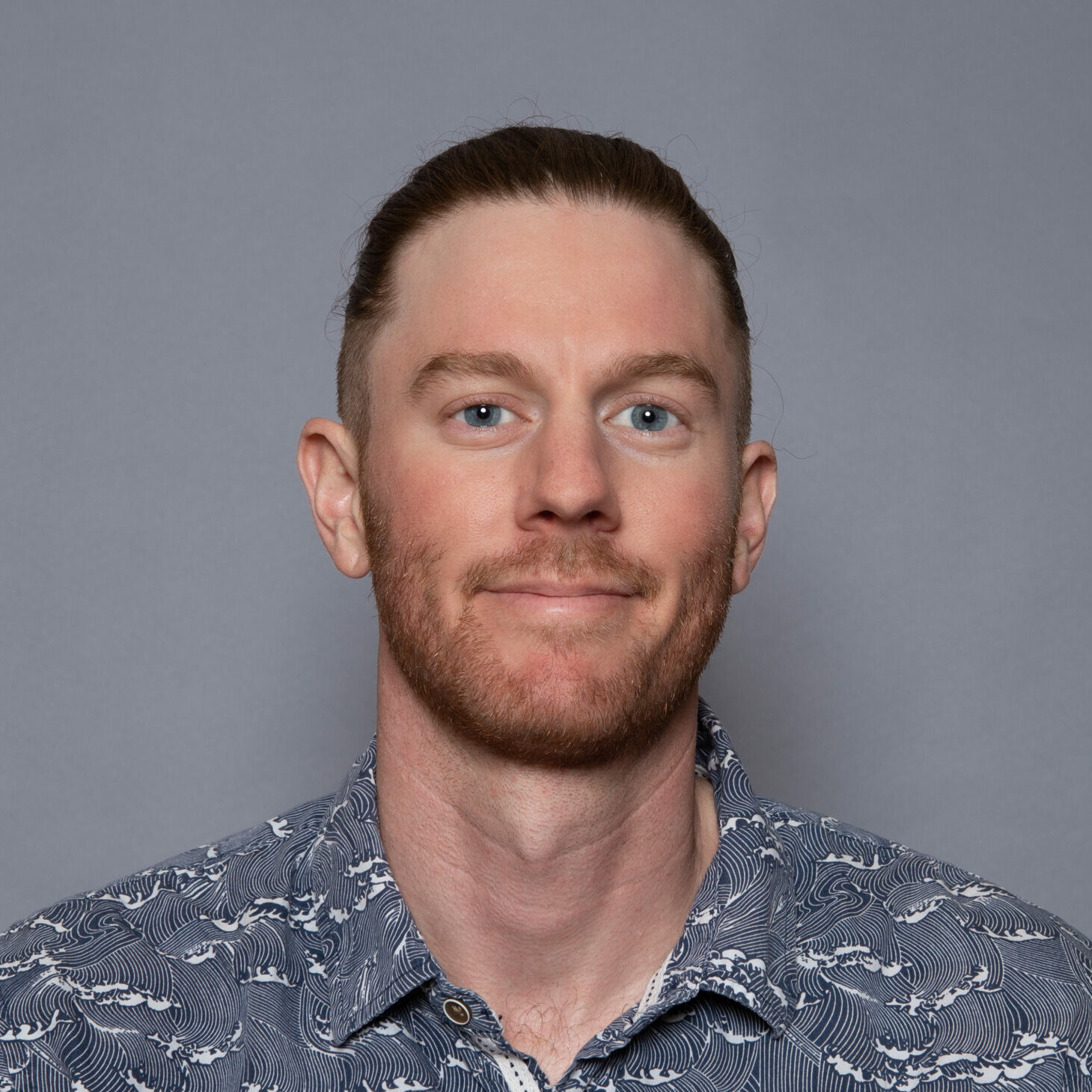
Broc Pagni, PhD
2024 Leon Levy Scholar in Neuroscience
NYU Langone Health
Sub-disciplinary Category
Translational & Clinical Neuroscience
Previous Positions
- BS, Northern Illinois University
- PhD, Arizona State University (Advisor: Dr. Blair Braden)
Bio
Dr. Broc Pagni is a post-doctoral cognitive neuroscientist at the NYU Langone Center for Psychedelic Medicine in the lab of Dr. Michael Bogenschutz. His research is focused on identifying therapeutic psychological and neural mechanisms of psychedelic-assisted treatments. Dr. Pagni is currently using functional MRI (fMRI), computational modeling, and neuropsychological testing to elucidate the therapeutic correlates of psilocybin-assisted treatment in patients with alcohol use disorder. Before joining NYU, he received his PhD in Neuroscience from Arizona State University, where he used fMRI and EEG to characterize the neural mechanisms underlying the therapeutic effects of mindfulness meditation in adults with autism spectrum disorder.
Research Summary
Identifying the psychological and neurobiological mechanisms of psychedelic-based treatments for alcohol and substance use disorders.
Technical Overview
Recent clinical trials of psilocybin-assisted psychotherapy (PAT) have found rapid, robust, and enduring clinical efficacy in major depression, cancer-related anxiety and distress, smoking cessation, and alcohol use disorder (AUD). Psilocybin is the psychoactive constituent of magic mushrooms and produces profound alterations in consciousness which are associated with therapeutic effects. In a phase 2 trial of PAT in patients with alcohol use disorder, the team at NYU found significant reductions in alcohol use, lasting up to 6 months after 1-2 medication sessions. Such encouraging clinical effects offer an exciting opportunity to study how this treatment affects brain functioning. Dr. Pagni uses neuroimaging and computational techniques to investigate how PAT induces therapeutic effects through both transdiagnostic (depression, anxiety, addiction) and addiction-specific (alcohol use disorder) mechanisms. His research hopes to unveil circuit- and network-level brain changes associated with craving, negative affect, and self-reflection.